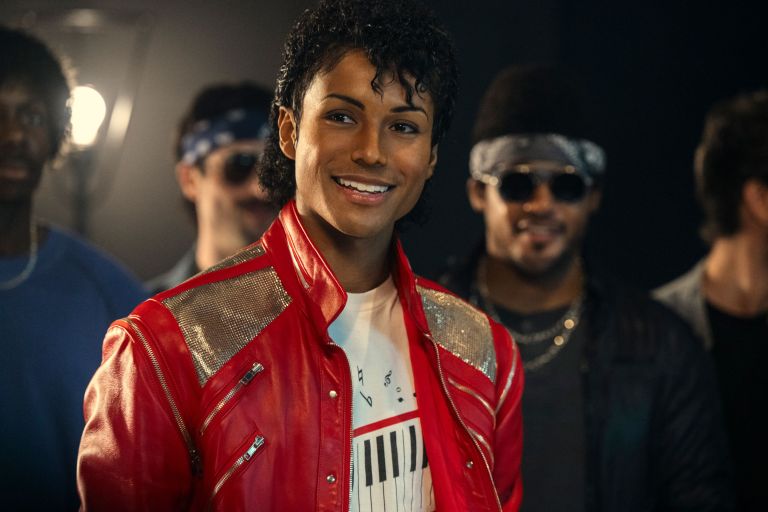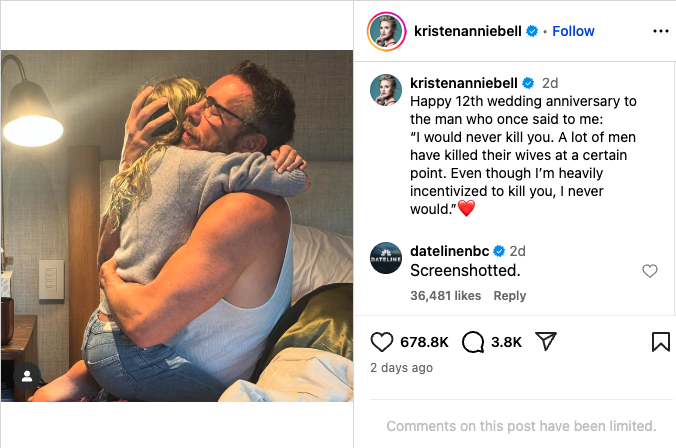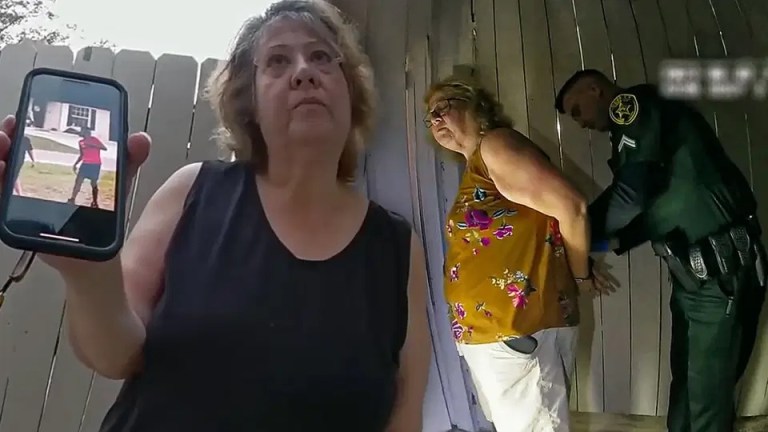Why Beyoncé’s ‘Formation’ Is A Cultural Game Changer
But its political stance is clear: pro-black and pro-woman; pro-black womanhood, as asserted by Beyoncé, the artist and the person.
On Saturday afternoon, Beyoncé Knowles-Carter casually released her latest song with an accompanying video, “Formation.” The pop culture and social media world went crazy, and rightly so. The artist, in one musical piece, has asserted her participation in the important political struggle of her time.
“Formation” is many things, and it will be judged by its political stance and message, its cinematography, its musical contribution, its complex and seemingly confusing lyrics, and as an overall work of art from one of the most powerful artists of our time. For some, it is unexpected from Beyoncé, who along with her husband, Jay-Z (Shawn Carter) have been accused by both (black) celebrities and lay people alike, of not using their fame and art in the service of drawing attention to struggles faced by black Americans, and especially so during the time of heightened awareness of police brutality. “Formation” seems to be a response to such accusations, but the video and song are certainly more than just a reaction; it is a proactive and provocative testament of Beyoncé’s politics, representation, awareness, and agency.
![]()
The video begins with Beyoncé addressing widespread cultural rumors of her involvement with The Illuminati. The Illuminati is a name given to several organizations that may or may not exist, who are said to control government and cultural phenomena at large. She describes people who believe in such rumors as “corny,” essentially that such a belief is embarrassing for those who hold it. She, as the AAVE slang phrase goes, “snatched your edges.”
The lyrics also contain important references about Beyoncé’s awareness of her representation, personal heritage, and politics. She refers to her southern roots, and even amusingly includes that she carries hot sauce in her bag. But arguably the most powerful lines she includes about her politics as it relates to her blackness, are, “I like my baby hair, with baby hair and afros. I like my negro nose with Jackson Five nostrils.”
In these two sentences, Beyoncé clarifies her awareness and love of her blackness on multiple levels. She refers to pride in African features, but also in her and her husband’s example of “black love” – which is too often underrepresented in our cultural spaces. She is also letting the public know that in reference to the brouhaha that has been made of her daughter’s hair, it is her prerogative to allow her child’s natural hair to be as is. In this way, she claims the beauty of “natural” blackness, but also informs the public that she will not allow her child to be scrutinized by European-influenced beauty standards. However, she also simultaneously reveals her own agency here, by showing that she herself can choose to wear her hair the way she wants – with weaves – while not imposing those standards on her daughter. (This notion can also be seen where two black women in one scene in the video are stroking wigs.) In so doing, Beyoncé reiterates a powerful feminist lesson: that choices can be different for different girls/women, but they can both still be good.
Throughout the song, the lyrics reveal that Beyoncé is self-aware of the political power that she has come to have as a black woman, in a system that privileges whiteness. She references her work ethic and the savvy she has had to have in achieving her position in society, especially monetarily. To that end, there is a conflict seen here that isn’t revolutionary: the struggle of trying to garner wealth in a political, economic, and social system that one also tries to change.
The genius of “Formation” however, is its visual representations. Beyoncé is seen in different performances that are a testament to blackness and its diversity. In the video, she also reimagines blackness, and in different eras. The power of these images are in showcasing blackness as something that is fluid and plural, which is a direct resistance to the often singular and monolithic position it takes in American society.
“Formation” takes an undeniable political stance too, with regard to racism and police brutality. The video was shot in New Orleans and this is clearly marked throughout the visual representation. In consideration of Hurricane Katrina in 2005, New Orleans is a site of racial contention because of the failed response and assistance to many of the victims of the natural disaster who were black. With regard specifically to police brutality, the video showcases in graffiti, “Stop shooting us,” on a street wall, a line of police officers raise their hands and a child in front wears a hoodie (a Trayvon Martin reference), and then there is Beyoncé herself sitting atop a police car in a body of water throughout the music video. At the end of the video, the body of water consumes her as the police car goes under, perhaps visually showcasing a failure to breathe, (a possible Eric Garner reference), and/or the death of the black body under the weight of white institutions as represented by the police. This scene will be deconstructed with many interpretations for months and possibly years to come.
In the midst of the political messages, the video showcases black women dancing, their movements powerful and joyful and deliberate. It showcases sisterhood and freedom. This reflects that political awareness is not to be situated in any one kind of body and demeanor, but rather there is a possibility and perhaps a necessity for political awareness, especially as exemplified by blackness, to be free to manifest in multiple forms. Black womanhood (that is politically aware) can exist in a variety of spaces, and that representation itself, is an act of resistance.
“Formation”’s power as a cultural text however, lies greatly in its creator, Beyoncé. For many of her critics, she has too often toed the line of Eurocentric beauty, and has supposedly also “forgot” her blackness at times. I would contend however, that her survival as an artist, and her ability to thrive at the level she does, has very much to do with her awareness of her blackness, and her black womanhood. Those profound Audre Lorde words, “survival is not an academic skill” come to mind.
In creating “Formation,” Beyoncé will be judged as savvy by the skeptics who will see her social message as simply representative of the cultural mood. The hopefuls, who may predict that this latest contribution will trigger a new direction for all popular black mainstream artists, will call her a revolutionary. Perhaps these things are not as mutually exclusive as society would have us believe. It is possible for the artist Beyoncé, to occupy more than one space and intention. Either way, “Formation” enjoys a cultural moment that few other artists would have been able to cultivate. “You know that you that bitch when you cause all this conversation,” as she includes in the song, could not be more apt.
In the final analysis, all texts are political texts whether they want to be or not. “Formation”’s imperfections will be undoubtedly deconstructed too, especially its effect, if any, as a contribution to contemporary black civil rights. But its political stance is clear: pro-black and pro-woman; pro-black womanhood, as asserted by Beyoncé, the artist and the person. ![]()











